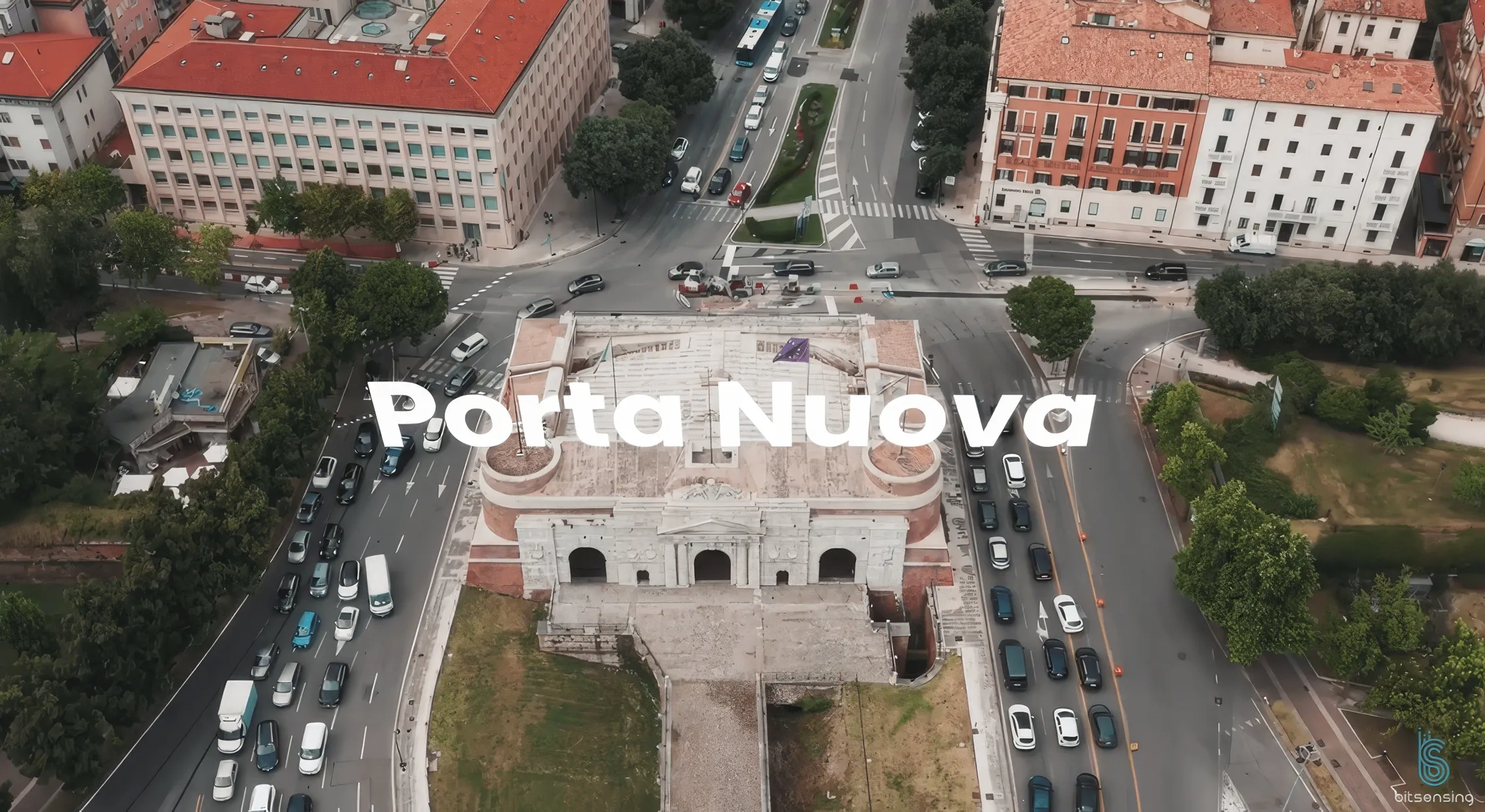
As NXP’s Lars Reger, who will enter into discussion with keynote speaker John C Havens of Mashable, points out, telematics, wireless technologies, and intelligent transportation systems (ITS) will reshape our urban environments and determine how we use our connected cars in the future. Indeed, they even have the potential to make life better for all of us by reducing congestion, CO2 emissions, and road accidents.
“However,” Lars warns, “in order to feel comfortable in an environment that relies heavily on technology, we have to be able to trust our smart infrastructure. Such crucial systems must be reliable and safe from hacks and data corruption. A number of important questions arise: How can companies help to boost the adoption of new ITS technologies? What is expected from legislators? How can we make sure users trust the systems enough to partake and benefit from them?”
NXP will have industry experts from Siemens, HighQ, CAUSA and others at the event, which is being moderated by Doug Newcomb, President C3 Group, to fully address and help answer those questions!
“If you can’t make the debate, then make sure you visit our stand to learn about a more secure, connected and smarter ITS World,” says Reger.









